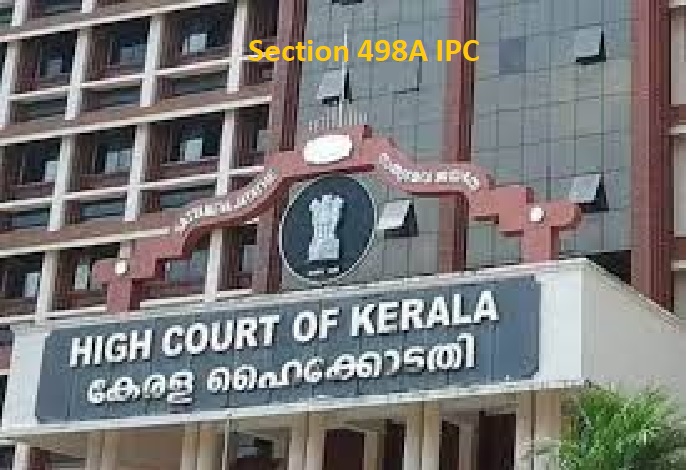


"The recent Kerala High Court decision highlights the constraints of Section 498A IPC concerning women in live-in relationships. Justice Sophy Thomas emphasized that a woman must be legally married to the accused or their family members to seek protection under Section 498A against cruelty."
The judge made it clear that, even if a marriage is later deemed invalid, a woman can seek protection under Section 498A if there was a semblance of a legally valid religious or customary marriage. However, if there was no formal marriage, and the relationship was solely based on a live-in agreement, the woman cannot invoke Section 498A by asserting themselves as a married couple in society.
This remark was in the context of overturning the conviction and sentence of a man and his brother under Sections 498A and 306 of the IPC. These charges were related to the death of a woman in 1997, who had reportedly set herself on fire after eloping with the accused man due to alleged cruelty and harassment.
Initially, a sessions court convicted the man and his family, but this was partially reversed by an appellate court in 2000. Later, the accused petitioned the High Court for an honorable acquittal. On October 12, the High Court granted their revision plea and reversed the trial court's guilty verdict.
The High Court noted that the couple had not entered into a legal marriage but were cohabiting based on a non-legally binding "marriage agreement."
Consequently, the Court concluded that the sessions court's verdict of guilt against the man and his family under Section 498A of the IPC was erroneous because the couple was not legally married.
The Court asserted that as the marriage was not formally conducted, and the couple commenced cohabitation through a non-legally binding agreement, they should be regarded as individuals in a live-in relationship, not as husband and wife.
Hence, the offense under Section 498A of the IPC was inapplicable to them. Furthermore, the Court reversed the accused's conviction for abetting suicide, as the woman's dying declaration did not make any allegations against her partner or his brother.
As a result, both accused individuals were acquitted of this charge. Notably, the man's parents had passed away during the course of the case, leading the Court to declare that the charges against them were no longer relevant.
Advocate KP Balagopal represented the revision petitioners, and Public Prosecutor Nima Jacob represented the State government.
TAGS: Kerala High Court Section 498A IPC Live-Ins Inapplicable